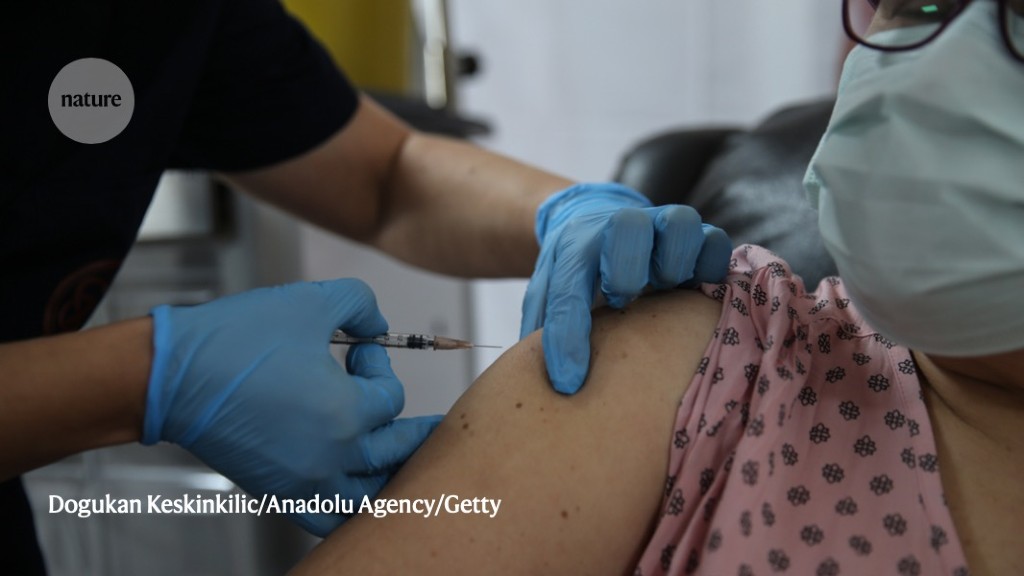After a flurry of positive results from clinical trials of COVID-19 vaccines, developers are now seeking ‘emergency use’ approvals, which could see these immunizations deployed in potentially tens of millions of people. But scientists are concerned that this kind of early deployment could compromise the ongoing clinical trials that seek to show conclusively how well the vaccines work.
Following the release of early data from phase III trials on 9 November, vaccine makers Pfizer and BioNTech have sought regulatory permission to deploy their vaccine under emergency-use rules. The developer of another leading vaccine, Moderna, is expected to do the same within weeks.
Once a vaccine is granted emergency approval, there is pressure on developers to offer the immunization to trial participants who received a placebo. But if too many people cross over to the vaccine group, the companies might not have enough data to establish long-term outcomes, such as safety, how long vaccine protection lasts and whether the jab prevents infection or just the disease.
“It’s a real vaccine development dilemma,” says Klaus Stöhr, who formerly headed vaccine design at the pharmaceutical company Novartis in Cambridge, Massachusetts, and is now retired. Still, Stöhr thinks that the vaccine should be granted emergency use authorization because its effectiveness has been established and there is a dire need.
Such competition between a clinical trial for a vaccine and emergency use of it is new for vaccine development. Only this month, the World Health Organization approved the first-ever emergency use for an immunization still being tested, against a type of poliovirus that is spreading in the Southern Hemisphere. But phase III trials for that jab have not yet begun. ...
Early use of the vaccines in high-risk groups will almost certainly save lives, says Jerome Kim, director-general of the International Vaccine Institute in Seoul. The vaccines have only been tested for a couple months, however, so it is too early to know how long they will be effective for, he says.
Trial participants are typically ‘blinded’ as to whether they received the vaccine or a placebo. But once a vaccine has been shown to work, it becomes harder to ask participants to remain in the placebo arm unprotected, says Paul Offit, a vaccine researcher at the Children’s Hospital of Philadelphia in Pennsylvania. “It is a question of ethics,” he says.
On 10 November, Pfizer sent a letter to participants, seen by Nature, which states that the company is exploring ways to allow interested participants in the placebo group who meet eligibility criteria for emergency access to cross over into the trials’ vaccine arm. A spokesperson told Nature that the company would have “an ethical responsibility to inform all study participants about the availability of an Emergency Authorized Vaccine.” ...


Recent Comments